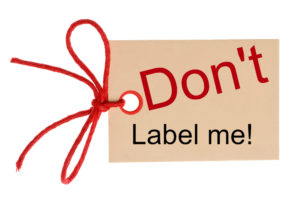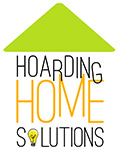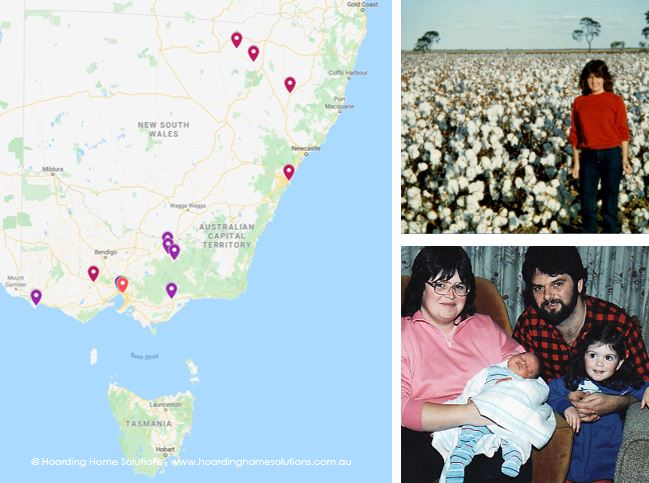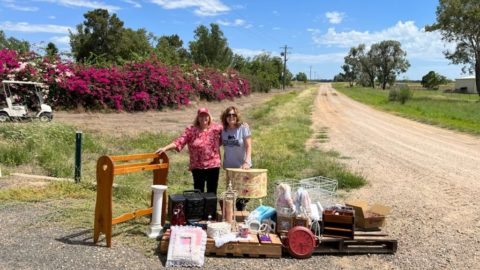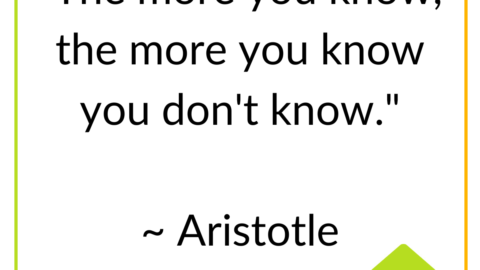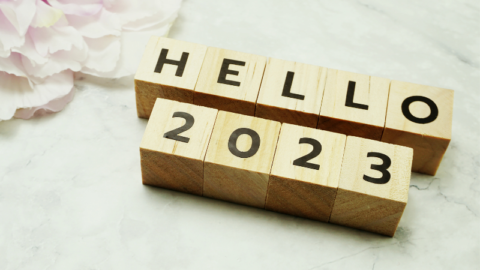We often get enquiries from people seeking help who feel it is important to stress that they are not “the H–word”. And who could blame them? The word “hoarder” has some ugly connotations. Thanks to popular media, many people assume a hoarder is a person who lives in squalor and throws a tantrum when anyone tries to help them.
At Hoarding Home Solutions, we are committed to providing helpers (whether you are a professional service provider or a loved one) with practical tools to help people who are hoarding live safely and comfortably. An important step in this is establishing respectful dialogue. If the person you are trying to help finds the label “hoarder” offensive, you’ll be off to a pretty rocky start!
Over the years, many people have spent time debating more appropriate terms – “clutterer”, “finder-keeper” and “organisationally challenged” are some of the alternative labels that have been suggested. In our training, we quite simply use the terms “people who hoard” and “people struggling with hoarding behaviour”. The problem with any label is that it defines the person. It is important to remember that while a person is struggling with hoarding behaviour, that is only one part of who they are. They may also be a caring mother, a respected teacher, a valued member of a local club and so on. Labelling them as a hoarder focusses entirely on their problematic behaviour and reduces the opportunity for a meaningful and productive connection.
We’re not suggesting you sugar coat the seriousness of the behaviour. We are saying though, that you will get a lot more traction if you treat the person who is hoarding with respect. Take your language cues from them. Whether they refer to their stuff as their treasures, trash, collection or stash, reflect that back to them.
For more tips about engaging a person struggling with hoarding behaviour, sign up to our newsletter to receive our Tips for Starting a Conversation Fact Sheet.
